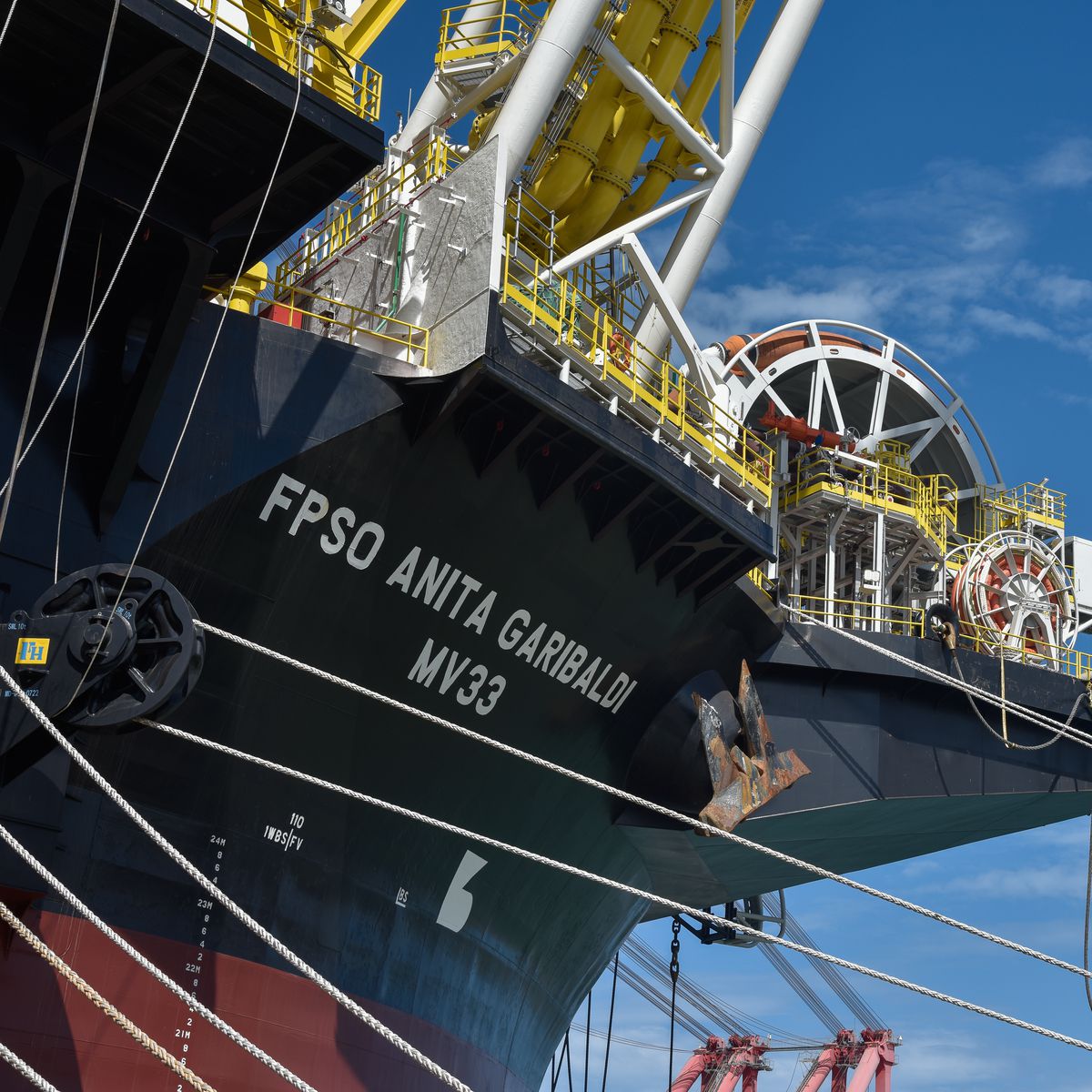As lead times at fabrication yards across key regions lengthen, Guyana’s prominence in the FPSO (floating production, storage and offloading vessel) market grows, fueled by major ExxonMobil-led developments. According to a recent report by Rystad Energy, competition among projects has surged, prompting a shift towards operator-owned FPSOs, particularly among financially robust exploration and production companies.
The report highlights that lead times for converted and newbuild hulls and topside modules have notably extended in fabrication yards in Singapore, China, South Korea, and Brazil. Mega projects with oil and gas processing capacity exceeding 200,000 barrels per day (b/d) are becoming the norm, with construction costs surpassing US$1 billion for conversions and $2 billion for new builds.
Guyana, Brazil driving global FPSO market this decade – Rystad | OilNOW
“Competition among FPSO leasing companies has intensified, resulting in record backlog levels. Some contractors are refraining from participating in tenders with restrictive local content rules, further inflating day rates for leasing opportunities. Additionally, supplier financing costs have escalated due to higher interest rates and a dwindling pool of banks willing to finance oil and gas projects,” Rystad Energy pointed out.
In response to these challenges, several operators, especially major E&P companies with strong financial health, opt for owned units. Rystad Energy said this strategy allows them to share risks and investment needs for FPSO fabrication and installation, mitigating delays and lowering costs.
Exxon encouraged by prelim work on Guyana’s 5th FPSO as new builder enters market | OilNOW
The demand for operator-owned FPSOs has particularly concentrated in South America, with ExxonMobil’s developments in Guyana emerging as a significant focal point. Other major projects contributing to this trend include the massive Buzios pre-salt ventures for Petrobras’ and Equinor’s Raia and Bacalhau assets in Brazil.
Rystad Energy predicts this trend will persist, with more operator owned FPSOs anticipated, especially in West African developments, until activity and interest rates subside.



